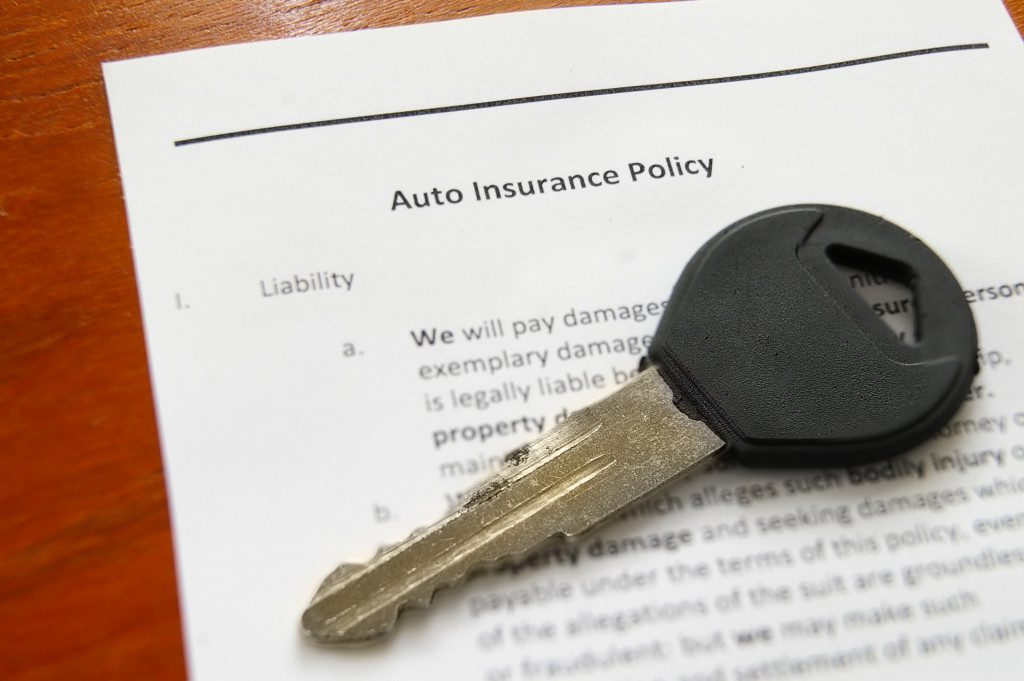When you operate a company vehicle, some expenses come along with it. For one, you must pay for the fuel and maintenance of the car. You also have to insure the vehicle and pay for any repairs that it may need. If you’re not prepared for these expenses, they can quickly add to your profits.
To help you prepare for the costs of operating a company vehicle, here is a look at some of the most common expenses:
1. Fuel
One of the most significant expenses when operating a company vehicle is fuel. Depending on how much you use your car, energy can cost hundreds or even thousands of dollars annually. To help offset the cost of fuel, consider using a fuel card. Fuel cards offer discounts on fuel purchases, saving you money over time.
You can also try to be more fuel-efficient by carpooling or using public transportation when possible. This can help reduce your fuel costs and save you money. But if you use public transportation, ensure you’re still insured. You’ll need commercial insurance if you’re using your vehicle for business purposes.
2. Maintenance
Another expense to consider is the maintenance of your company vehicle. This includes mobile oil change services, tire rotations, and other routine maintenance. Depending on the make and model of your car, maintenance can cost a few hundred dollars per year.
To help offset the cost of maintenance, consider getting a service contract. Service contracts cover the cost of routine maintenance and can save you money over time. You can also try to do some maintenance yourself, such as changing the oil or rotating the tires. But if you’re not experienced in vehicle maintenance, it’s best to leave it to the professionals.

3. Insurance
Every vehicle must be covered by insurance, and company vehicles are no exception. Depending on your vehicle type and how much coverage you need, insurance can cost a few hundred dollars per year. But if you have a good driving record, you may be able to get a discount on your insurance premium.
When shopping for insurance, be sure to get quotes from multiple companies. This will help you find the best rates and coverage for your needs. It would be best to consider getting additional coverage, such as collision or comprehensive insurance. This additional coverage can help protect your vehicle from an accident or theft.
Some companies also offer usage-based insurance, which charges you based on how much you use your vehicle. This is a good option if you don’t use your car often.
4. Repairs
If you have a company vehicle, it will need repairs at some point. Even if you take good care of your car, things can break down and must be fixed. But if you’re prepared for it, you can easily budget for repairs.
Consider setting aside money each month to help offset the cost of repairs. This can help you build up a repair fund that you can use when needed. You can also ask your employees to pitch in for repairs. But if you do this, ensure you’re transparent about how the money is used.
You can also try to avoid repairs by being proactive. This means regularly inspecting your vehicle and fixing any minor problems before they become big. This can help you avoid costly repairs down the road.
5. Taxes
If you use your vehicle for business purposes, you may be able to deduct the costs of your taxes. These costs include things like fuel, maintenance, insurance, and repairs. But you can only deduct the business-use portion of these expenses. For example, if you use your vehicle 50% for business and 50% for personal use, you can only deduct 50% of the costs.
You’ll need to track your mileage and other records to deduct these expenses. This can be a hassle, but many apps and software programs can help. Some of these programs can even track your mileage automatically.
If you use your vehicle for business and personal use, you’ll need to keep separate records. This means keeping track of your business mileage, personal mileage, and the percentage of time you use your vehicle for each.
6. Depreciation
Depreciation is the decrease in the value of your vehicle over time. This is a typical expense that all vehicle owners face. But it’s important to factor in depreciation when budgeting for a company vehicle. The amount of depreciation will depend on the make and model of your car, as well as how long you keep it. But in general, you can expect your vehicle to lose 20-30% of its value in the first year.
A company vehicle can be a great perk for employees. But it’s essential to be prepared for the expenses of owning a car. Always budget for fuel, maintenance, insurance, repairs, and depreciation. By doing this, you can keep your company vehicle running smoothly without breaking the bank.


